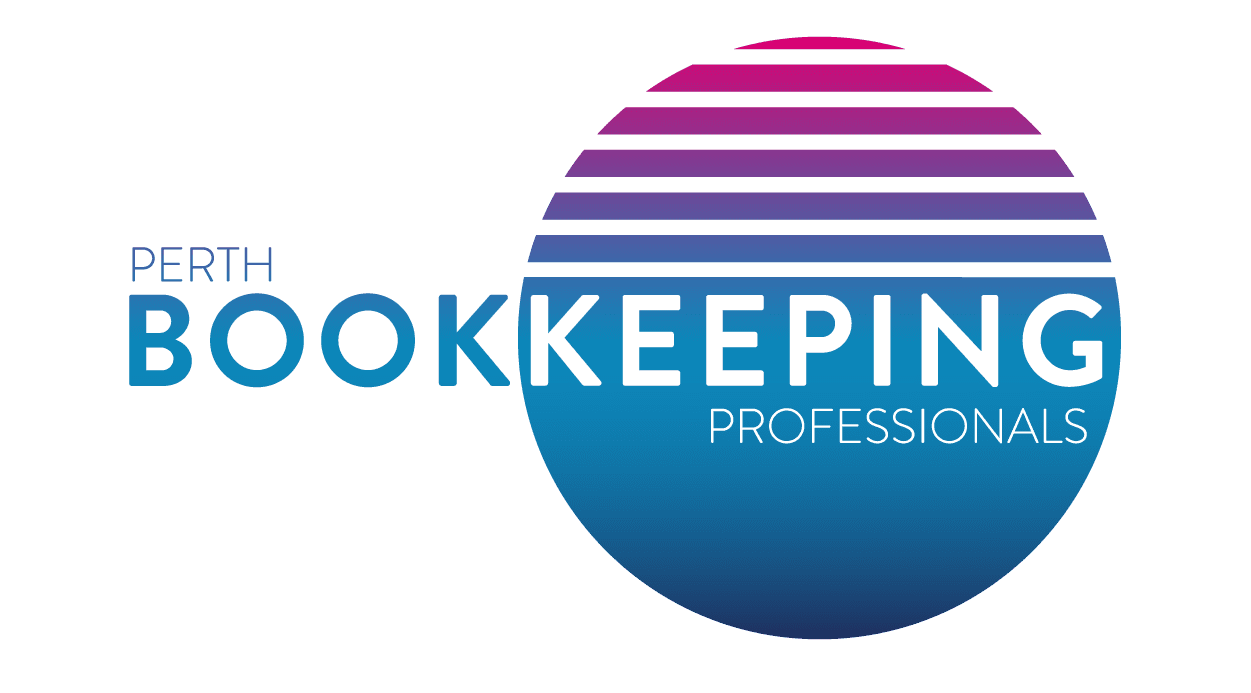Get on top of your small business finances and cash flow by separating yourself from your business.
A lot of small business owners get into business as they are amazing at their trade or the service they offer, but don’t really see their business as being separate to them. This can cause issues with small business finances and cash flow, and can make it very confusing and time consuming at tax time.
If your business is a Corporation, you must keep business finances separate to your own. The corporation is considered a separate legal entity and will hold it’s own tax identity as well. Business bank accounts and credit facilities should be set up in the business name, rather than the owners name.
If you are running your business as a sole trader, then making the distinction between your personal and your business finances will save you a lot of time and a few headaches in the long run. As a sole proprietor you are considered an unincorporated entity which has no legal distinction from you. All the profits, losses and liabilities are tied to you personally. However, by “Thinking” like a business it will help with running and understanding your business.
Our top reasons why you should separate your business from yourself:
- Have your finger on your Cash flow; don’t be one of the 90% of small businesses that fail due to poor cash flow. By having a clear picture of your business finances (without your personal mixed up in it) you can avoid fatal cash flow mistakes. If you would like more information on Cash Flow for small business, why not download our Free e-book ‘Seven Secrets to Creating a Cash Flow Positive Business’
- Knowing if your business is making a profit; you’re in business to make a profit, right? Like cash flow, you cannot know if you’re making a profit without a clearly defined picture (in numbers) of your business.
| - Decision making and making changes; it’s difficult to make accurate and timely business decision if your finances are all mixed up.
- Makes Tax and BAS time easier and cheaper; when your bookkeeper or accountant has to spend time separating your small business transaction from your personal, this can add hours to the job, making it a costlier process for you.
- If you’re unlucky enough to be Audited by the ATO; when you have a high level of separation, an ATO audit is far less painless.
Our top tips on how to separate your Small Business from your Personal Finances:
- Maintain separate bank accounts; have a separate bank account for your business, even if you’re a sole trader. A good way is to even have a different bank for your business. This keeps it easy to identity which card is for the business account. Don’t use your business account for personal spending.
- Use a business credit card; if you find yourself using / needing a credit card, like a bank account it’s should be a separate business credit card. This keeps it really easy to reconcile and keep track of business spending.
- Sole Trader? Why not consider becoming incorporated? Speak with your business advisors about this (your accountant, lawyer, financial advisor and bookkeeper) to find the best business set up for you. It might be better for tax to be incorporated
- Keeping records – separate systems; your business accounts should be run through and accounting system ie MYOB, Quickbooks, Xero. This makes tax and BAS time super easy. It also means that you have up to date information, so you can prepare budgets, cashflows and have financial data at your fingertips to make important business decision on. But this won’t work if you have all your personal financial information in the same system. So, set up a system for your business and one for your personal.
- Pay yourself a salary; to avoid using your business debit and credit cards when you’re at the shop for groceries, pay yourself a salary into a separate personal account. Work out how much you need and how much your business can afford to pay you, and transfer that amount each week or fortnight. Even run it through the payroll system and pay yourself superannuation and make the tax payments with your other employees. This will reduce your personal tax bill at the end of the year too.
- Keep Motor Vehicle logs; keep a log book to separate your business and personal travel in your motor vehicle. This way your business can pay a portion of the motor vehicle expenses. And your accountant will need the log book at the end of the year for your tax. Speak with your accountant on what log book method you should use.
- Keep track of home office use for business purposes; like a log book, keep track of the number of hours you use your home office for. That will help to separate the personal use from business use, so you can claim the business portion in your tax, and your business can cover that portion of the expenses.
- Educate your employees, business partners and spouse; if you have employees that have access to bank accounts, ensure they have access to the business only accounts. This will then stop spending from personal accounts. Likewise, with spouses and business partners, ensure they understand that all business expenses must go through the business accounts and not their own personal accounts.
If you would like to speak with an advisor about your small business bookkeeping or our cash flow coaching programs please message or give us a call, we would love to work with you to help you to understand your finances, and to help you grow your business and take back your time. Build the business you started out to build.
